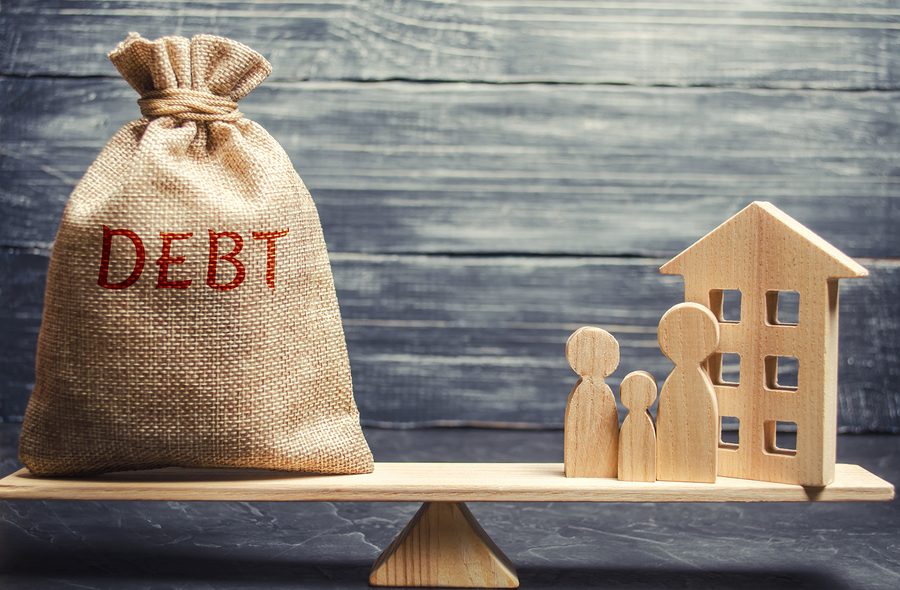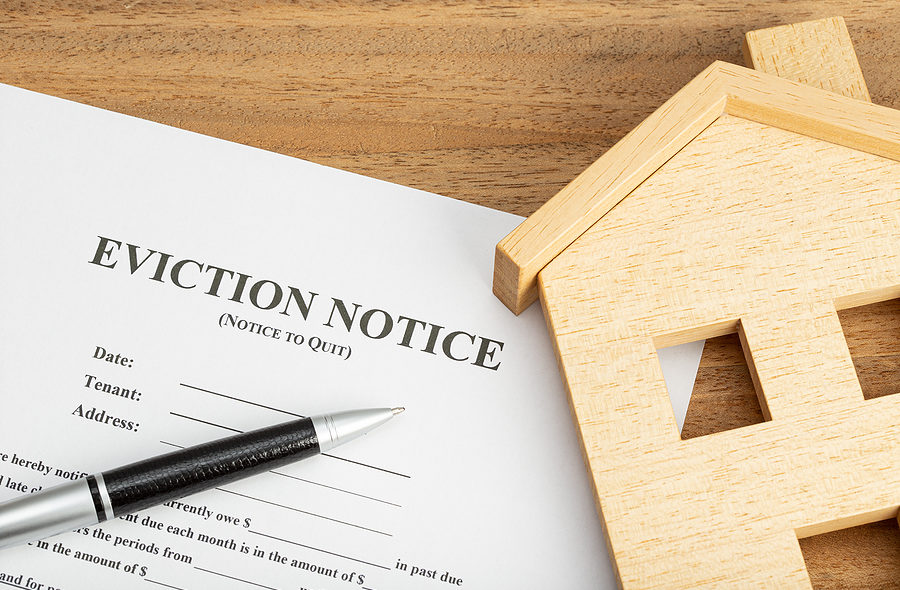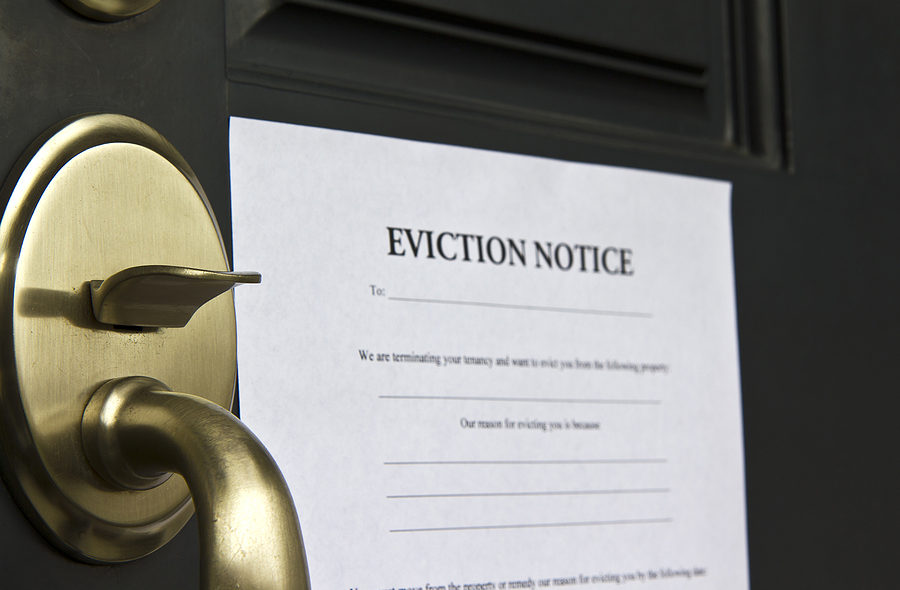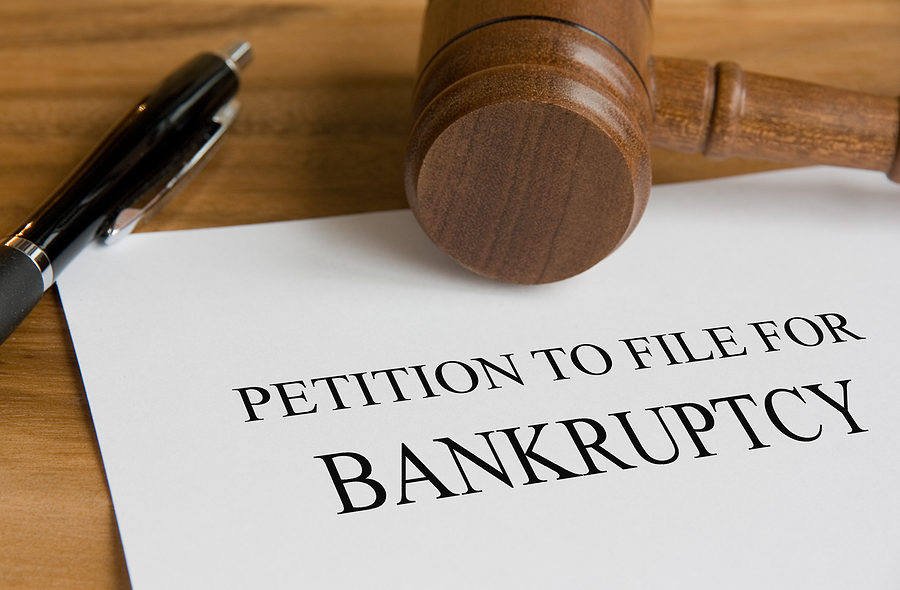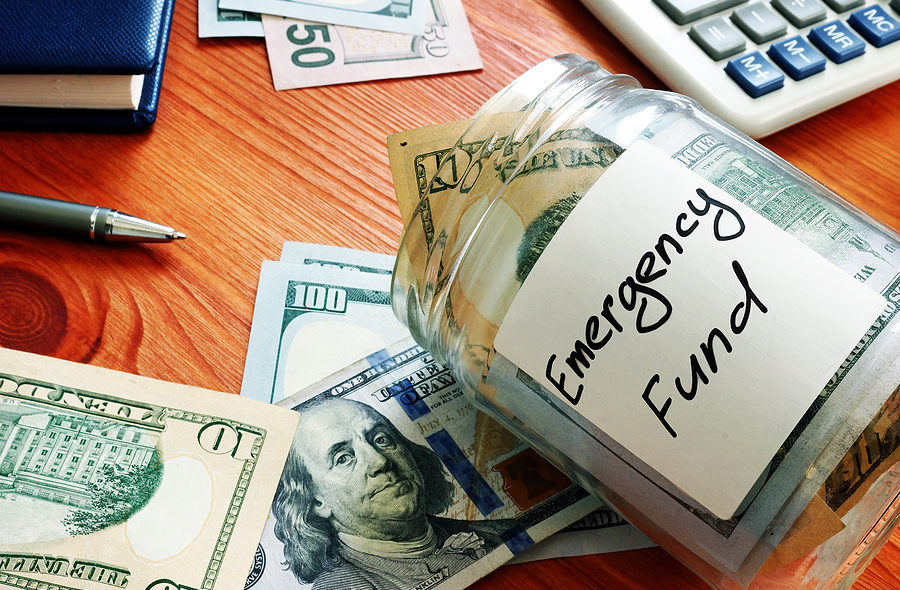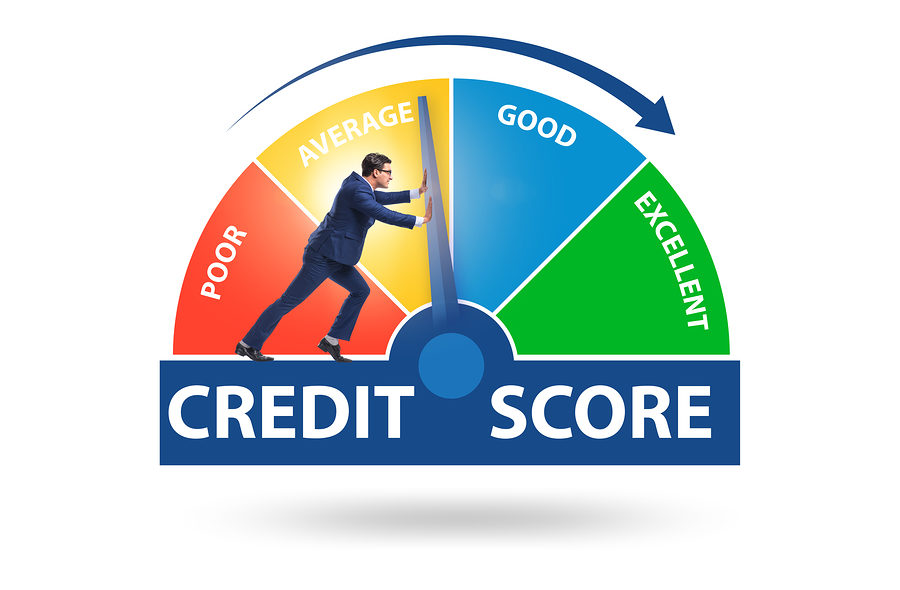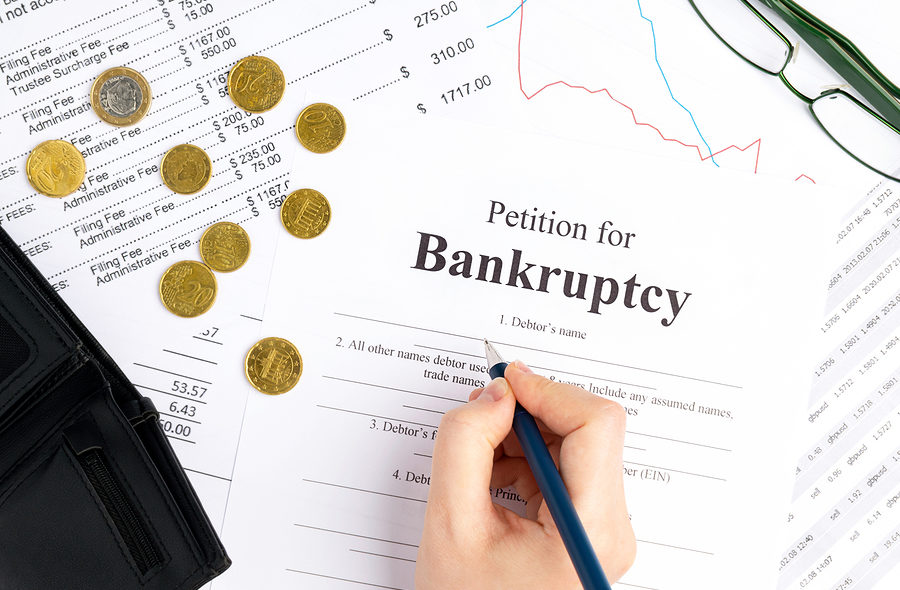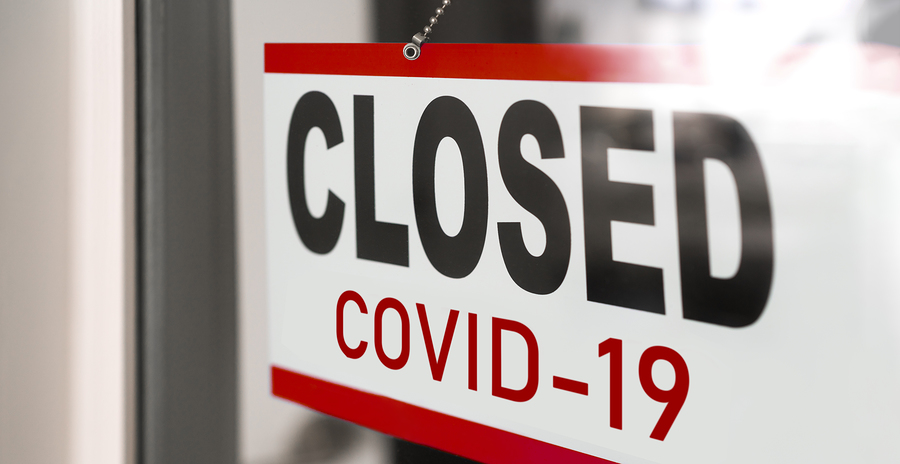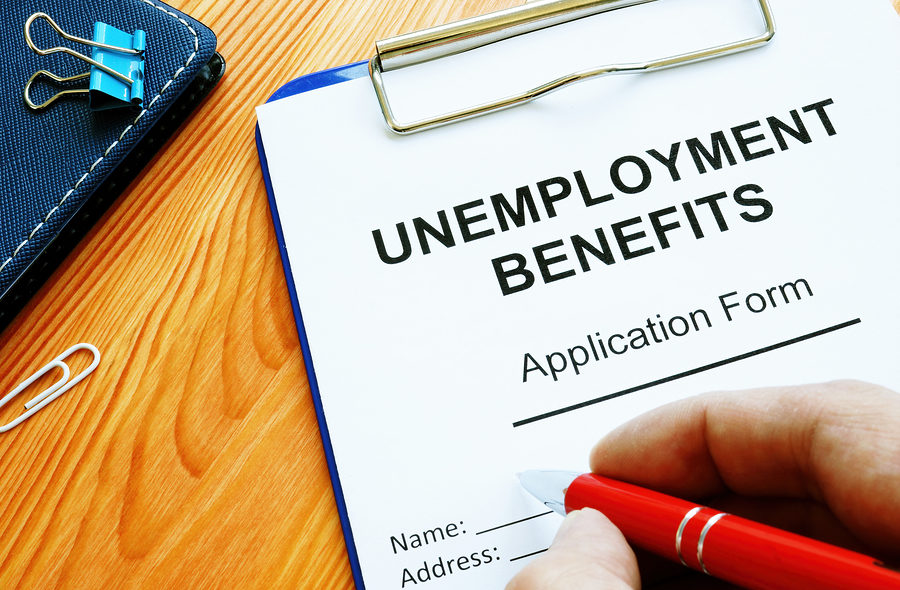Homeowners are struggling to keep up with their mortgage payments as the coronavirus (COVID-19) crisis continues. The mortgage bailouts offered by the federal government and private sector during the crisis have helped temporarily, but as the number of bailouts begin to decline, many homeowners are finding themselves facing the possibility of impending foreclosure.
According to figures from Black Knight, a mortgage technology and data firm, approximately 3.7 million borrowers are still receiving assistance through federal government and private sector mortgage forbearance programs. This figure represents nearly seven percent of all active mortgages. Forbearance plans allow borrowers to temporarily delay monthly payments for anywhere between three months to a year.

